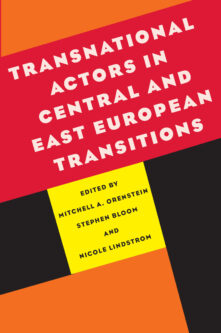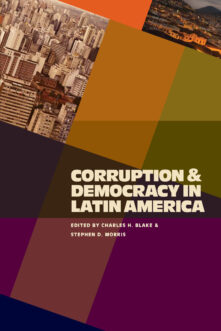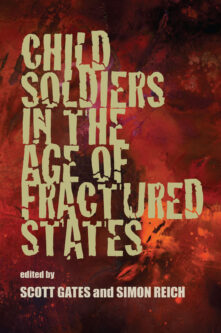Books
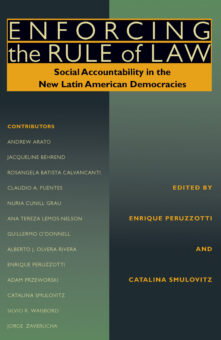
Enforcing the Rule of Law
Social Accountability in the New Latin American Democracies
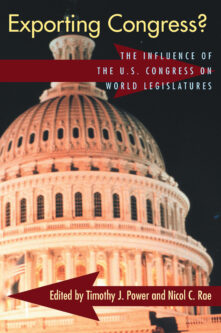
Exporting Congress?
The Influence of U.S. Congress on World Legislatures
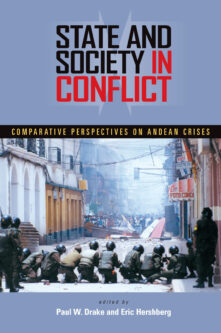
State and Society in Conflict
Comparative Perspectives on the Andean Crises
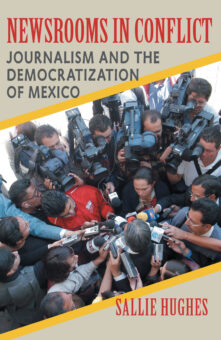
Newsrooms in Conflict
Journalism and the Democratization of Mexico
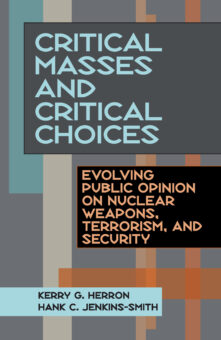
Critical Masses and Critical Choices
Evolving Public Opinion on Nuclear Weapons, Terrorism, and Security
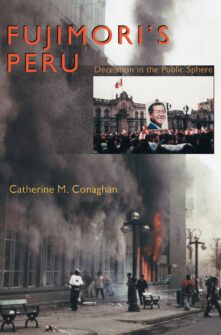
Fujimori’s Peru
Deception in the Public Sphere
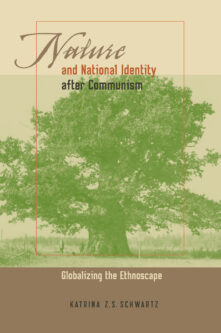
Nature and National Identity After Communism
Globalizing the Ethnoscape
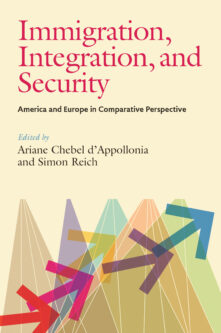
Immigration, Integration, and Security
America and Europe in Comparative Perspective
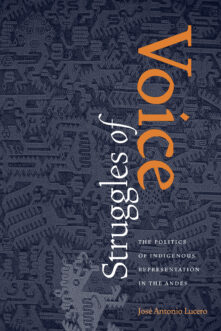
Struggles of Voice
The Politics of Indigenous Representation in the Andes
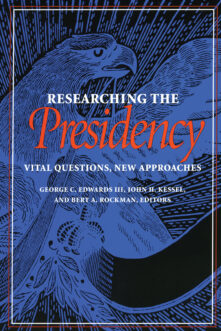
Researching the Presidency
Vital Questions, New Approaches
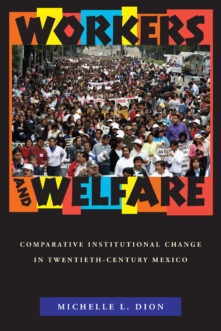
Workers and Welfare
Comparative Institutional Change in Twentieth-Century Mexico
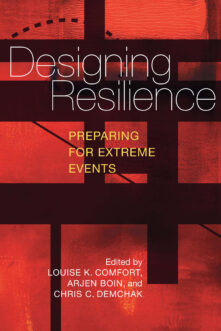
Designing Resilience
Preparing for Extreme Events
Total 72 results found.


